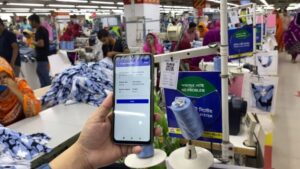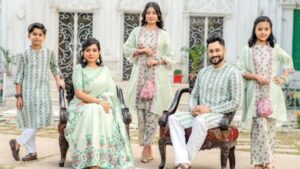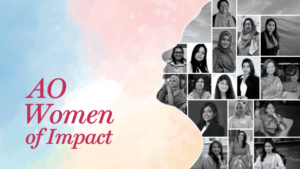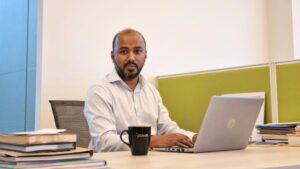
Bangladesh is poised to attract increased foreign investment, particularly in the readymade garments (RMG) and leather sectors, according to PARK Young Sik, the South Korean ambassador to Bangladesh. During a recent meeting with Taskeen Ahmed, president of the Dhaka Chamber of Commerce & Industry (DCCI), the ambassador underscored the country’s vast potential for foreign investment, driven by its large workforce, strategic location, and growing consumer market.
PARK emphasised the need for several reforms to enhance the investment climate. He called for simplifying visa processes, expediting customs clearance, and improving the services provided by the Bangladesh Investment Development Authority. He also highlighted the importance of maintaining a competitive corporate tax rate and reducing logistics costs, which are crucial for attracting foreign investors.
The ambassador pointed out that significant opportunities exist for South Korean investment in Bangladesh’s RMG and leather sectors, among others. Notably, South Korea is already the third-largest investor in Bangladesh, with investments amounting to $1.56 billion, and bilateral trade between the two countries reached $1.39 billion in the fiscal year 2023–24.
Taskeen Ahmed noted that the RMG sector, a cornerstone of Bangladesh’s economy, continues to be a major draw for foreign investors, given the country’s established reputation as a leading garment exporter. He also highlighted the potential for growth in the leather industry, which has been gaining traction in international markets.
In addition to sector-specific opportunities, Taskeen urged South Korean companies to tap into Bangladesh’s skilled labor pool, particularly in sectors like semiconductors, where local freelancers have recently made notable advancements. He expressed hope for enhanced cooperation with South Korea to develop Bangladesh’s technological capabilities further.
PARK Young Sik reiterated South Korea’s commitment to supporting Bangladesh through various technical training initiatives to develop a skilled workforce. He also noted that as Bangladesh prepares to graduate from least developed country (LDC) status to middle-income country status by 2026, collaboration between South Korean industries and Bangladeshi companies could pave the way for local entrepreneurs to access advanced technology and better address post-LDC challenges.
The meeting was attended by DCCI senior officials, including Rajeev H Chowdhury and Md Salim Solaiman, along with representatives from the Korean Embassy, all of whom shared a vision for fostering stronger economic ties between Bangladesh and South Korea, particularly in the RMG and leather sectors.






